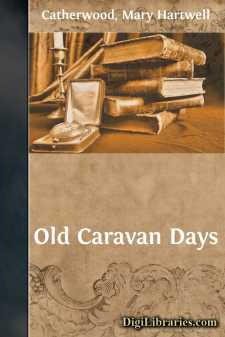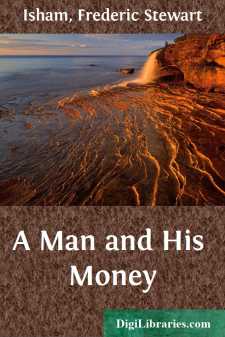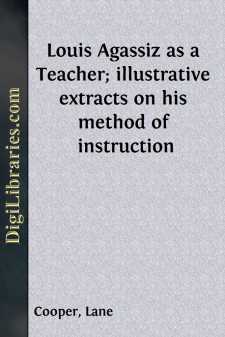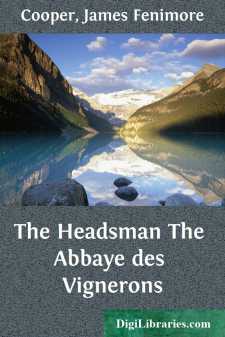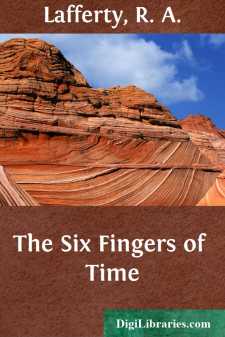Fiction
- Action & Adventure 180
- Biographical 15
- Christian 59
- Classics
- Coming of Age 5
- Contemporary Women 3
- Erotica 8
- Espionage/Intrigue 12
- Fairy Tales, Folklore & Mythology 236
- Family Life 169
- Fantasy 117
- Gay 1
- General 596
- Ghost 32
- Historical 808
- Horror 43
- Humorous 160
- Jewish 25
- Legal 4
- Medical 22
- Mystery & Detective 315
- Political 49
- Psychological 41
- Religious 64
- Romance 159
- Sagas 11
- Science Fiction 730
- Sea Stories 113
- Short Stories (single author) 537
- Sports 10
- Suspense 1
- Technological 8
- Thrillers 2
- Urban Life 31
- Visionary & Metaphysical 1
- War & Military 173
- Westerns 199
Classics Books
Sort by:
by:
Anonymous
Peter's Second Letter 1:1 Simon Peter, a servant and apostle of Jesus Christ, to those who have obtained a like precious faith with us in the righteousness of our God and Savior, Jesus Christ: 1:2 Grace to you and peace be multiplied in the knowledge of God and of Jesus our Lord, 1:3 seeing that his divine power has granted to us all things that pertain to life and godliness, through the knowledge...
more...
by:
Bryce Walton
"Nothing around those other suns but ashes and dried blood," old Dunbar told the space-wrecked, desperate men. "Only one way to go, where we can float down through the clouds to Paradise. That's straight ahead to the sun with the red rim around it." But Dunbar's eyes were old and uncertain. How could they believe in his choice when every star in this forsaken section of space...
more...
CHAPTER I. THE START. In the year eighteen hundred and fifty-seven, on the fifth day of June, the Padgett carriage-horses faced the west, and their mistress gathered the lines into her mitted hands. The moving-wagon was ready in front of the carriage. It was to be driven by Zene, the lame hired man. Zene was taking a last drink from that well at the edge of the garden, which lay so deep that your face...
more...
CHAPTER I THE COACH OF CONCORD "Well? What can I do for you?" The speakerвÐâa scrubby little manвÐâwheeled in the rickety office chair to regard some one hesitating on his threshold. The tones were not agreeable; the proprietor of the diminutive, run-down establishment, "The St. Cecilia Music Emporium," was not, for certain well defined reasons, in an amiable mood...
more...
by:
Lane Cooper
INTRODUCTORY NOTE When the question was put to Agassiz, 'What do you regard as your greatest work?' he replied: 'I have taught men to observe.' And in the preamble to his will he described himself in three words as 'Louis Agassiz, Teacher.' We have more than one reason to be interested in the form of instruction employed by so eminent a scientist as Agassiz. In the first...
more...
by:
W. W. Tarn
CHAPTER ITHE GIFT OF THE SEARCH The Student and Fiona lived in a little gray house on the shores of a gray sea-loch in the Isle of Mist. The Student was a thin man with a stoop to his shoulders, which old Anne MacDermott said came of reading books; but really it was because he had been educated at a place where this is expected of you. Fiona, when she was doing nothing else, used to help Anne to keep...
more...
Chapter I. Day glimmered and I went, a gentle breezeRuffling the Leman lake. Rogers. The year was in its fall, according to a poetical expression of our own, and the morning bright, as the fairest and swiftest bark that navigated the Leman lay at the quay of the ancient and historical town of Geneva, ready to depart for the country of Vaud. This vessel was called the Winkelried, in commemoration of...
more...
by:
Joan Conquest
CHAPTER I Jill looked at the East! At her feet sat huddled groups of women, just bundles of black robes, some with discs about their necks, some with chains or golden crescents upon the forehead, all wearing the burko [yashmak or face veil] covering the entire face with the exception of the eyes, and held in position between the eyebrows by the quaint tube-shaped selva, fastening it to the tarhah, the...
more...
by:
R. A. Lafferty
He began by breaking things that morning. He broke the glass of water on his night stand. He knocked it crazily against the opposite wall and shattered it. Yet it shattered slowly. This would have surprised him if he had been fully awake, for he had only reached out sleepily for it. Nor had he wakened regularly to his alarm; he had wakened to a weird, slow, low booming, yet the clock said six, time for...
more...
by:
Booth Tarkington
Chapter One Nothing could have been more painful to my sensitiveness than to occupy myself, confused with blushes, at the center of the whole world as a living advertisement of the least amusing ballet in Paris. To be the day's sensation of the boulevards one must possess an eccentricity of appearance conceived by nothing short of genius; and my misfortunes had reduced me to present such to all...
more...




